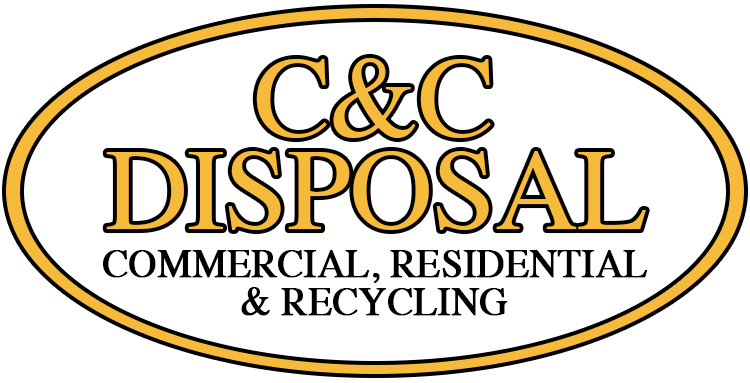
(Canva image)
The can of bug spray on the shelf… the toilet cleaner and drain opener in the cabinet… the old gas, lawn chemicals and paint stored in the garage… these products are all considered hazardous because the chemicals they contain pose a threat to human health and the environment.
Dangerous household chemicals like these can’t be poured down the sink or toilet — and should never be dumped in grass or a stream. And you can’t just throw them together in your trash can either. These chemicals could leak, combine, and interact to form serious hazards — they could explode or form a deadly gas.
Almost all household chemicals will have instructions on the label for how to properly dispose of them. Always read labels and follow the instructions to ensure their safe disposal.
Here are ways to safely get rid of hazardous household waste, without causing harm to sanitation workers or the environment:
Hazardous waste business collection locations. Some businesses throughout your community might accept hazardous waste materials for recycling, so you can drop off your materials knowing that they’ll be safely disposed of. Your local garage may recycle old car batteries, antifreeze, or motor oil; a paint store might dispose of old paint and related products.
Community collection days. Some communities might offer a “hazardous waste collection day” several times a year when you can drop off many types of hazardous materials at one designated location.
Community hazardous waste centers. See if your community has one permanent, central, dedicated drop-off area where hazardous waste can be safely disposed of. You may also be able to trade or pick up someone else’s leftover materials to use.
Hazardous waste pickup. It’s not only dangerous to dispose of hazardous waste in the trash, it’s also illegal. Some waste management companies or local environmental agencies may offer curbside pick-up of hazardous waste materials set out in special containers.
Don’t brush off household chemicals like harmless materials. Now that you know the serious effects they can have and safe disposal methods available to you, treat them with care and keep them out of harm’s way.

Recent Comments